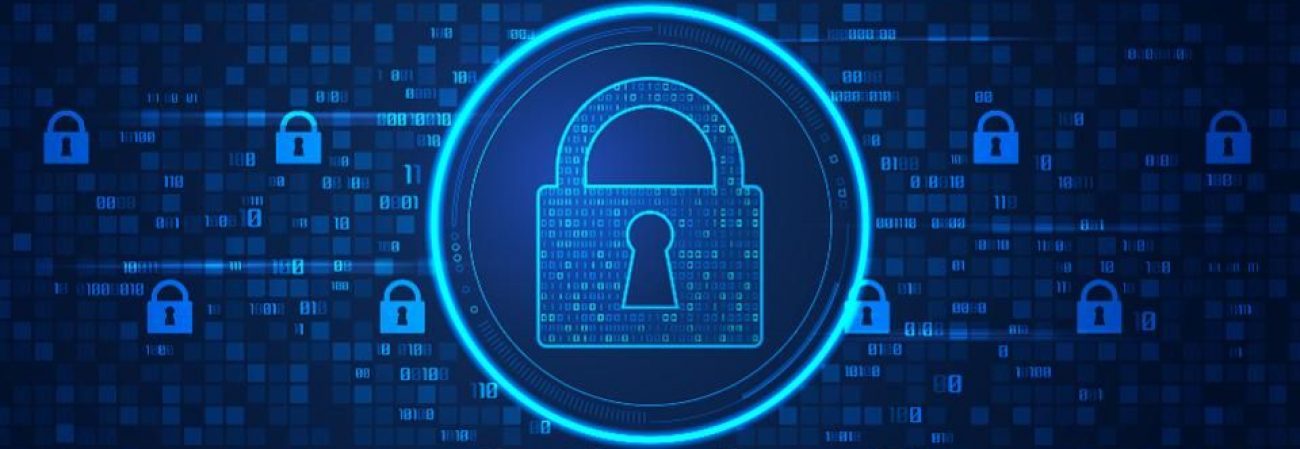The term VPN is now widely used in corporate environments. Information for which months had to be spent in the past or were never realized, because of ID barriers, can now be obtained in a jiffy. This is done at no cost of identity to the User and the data itself is acquired over encrypted connections, which provide privacy that is superior to even Wi-Fi Hotspots. VPN stands for Virtual Private Network. It gives the User anonymity and absolute privacy while carrying out a search from public Internet connections. While the name seems to be on most corporate lips in the know, not everyone can answer the question — What is a VPN?
How Does a VPN Work?

A VPN is a private network that is created virtually on the Internet, which is a public network, in order to connect certain sites or Users together who have barred entry to most enquirers directly. The VPN creates a virtual website with the ability to protect the User’s id and encrypt messages, through private channels. Thus, the ID of the User is protected by a cloak of anonymity while the desired data is extracted from the public network. The VPN can be used to access websites that are restricted, perhaps regionally or even through the creator’s instructions, all the while shielding the Users browsing activity from interference or prying.
Setting up a VPN
To set up a VPN in three steps one must do as follows:
- Add a connection on the PC or phone security settings.
- Select the type of service and server address of the VPN provider as well as the VPN User name.
- Enter authentication information.
The VPN setup is now complete.
Legality
The legality of using a VPN may vary from country to country but is generally acceptable in most advanced democratic countries like the US. However, countries like Russia, China, Belarus, Iraq and North Korea either restrict or ban the VPN. The test of legality involves the reasons for use of the privacy cloak provided by the VPN. Not all VPN are however legal and use of the Darknet is not encouraged. To the question — What is a VPN? — the answer has to be that legal VPNs help to encrypt a User’s connection to the Internet to stop the user being Tracked or Hacked while online. Legally speaking, one should use only the best and most legal VPNs, which are also fast. For example, PureVPN satisfies the legality test perfectly and is also fast.
Some Disadvantages
- The VPN might monitor User activity and utilize the User’s data.
- There might be performance issues when using the VPN.
- User applications might find it difficult to setup a private network.
- Internet speed may be slowed down.
- It might be costly to use VPN.
- The legality of using VPN should be checked in the country it is being used in.
VPNs are therefore useful, and certainly give protection to the user, but their use must be controlled and restricted by legality and reason.

